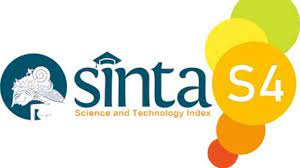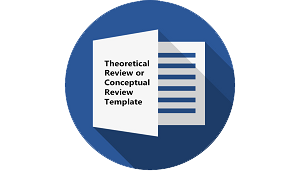ESP TEXTBOOK EVALUATION: English for Islamic Learning for College Students
DOI:
https://doi.org/10.30957/ijoltl.v3i1.401Keywords:
evaluation, English, ESP, textbook, Islamic learningAbstract
ESP Textbook evaluation has become a necessary practice in the field of teaching, seeking to assist in the choice of the best suitable textbook for a specific context. This article presents an evaluation of English textbook “English for Islamic Learning: for College Studentsâ€.The researcher identifies how well the textbook meets the students' English learning needs and how much appropriate activities it is presented.The ESP textbook has been evaluated impressionistically which covers the textbook (contents, presentations, and strategies)  and student’s needs and interests.For this purpose, 20 students and 1 teacher were selected and data were gathered by two questionnaires which were made by Garant (1987). The teacher questionnaire consisted of 10 items and the student version is also consisted of 10 items. An additional component of the study consisted of a student “needs analysis†that was conducted at the same time as the textbook evaluation survey. After analyzing data, it was shown that although the textbook had some drawbacks, especially in terms of language skills, it had met students’ needs and interests.Downloads
Download data is not yet available.
Downloads
Published
2018-01-01
How to Cite
Suhirman, L. (2018). ESP TEXTBOOK EVALUATION: English for Islamic Learning for College Students. IJOLTL (Indonesian Journal of Language Teaching and Linguistics), 3(1), 13–22. https://doi.org/10.30957/ijoltl.v3i1.401
Issue
Section
Articles
License
Authors who publish with this journal agree to the following terms:
- Authors retain copyright and grant the journal right of first publication with the work simultaneously licensed under a Creative Commons Attribution-ShareAlike 4.0 International License that allows others to share the work with an acknowledgement of the work's authorship and initial publication in this journal.
- Authors are able to enter into separate, additional contractual arrangements for the non-exclusive distribution of the journal's published version of the work (e.g., post it to an institutional repository or publish it in a book), with an acknowledgement of its initial publication in this journal.
- Authors are permitted and encouraged to post their work online (e.g., in institutional repositories or on their website) prior to and during the submission process, as it can lead to productive exchanges, as well as earlier and greater citation of published work (See The Effect of Open Access).












